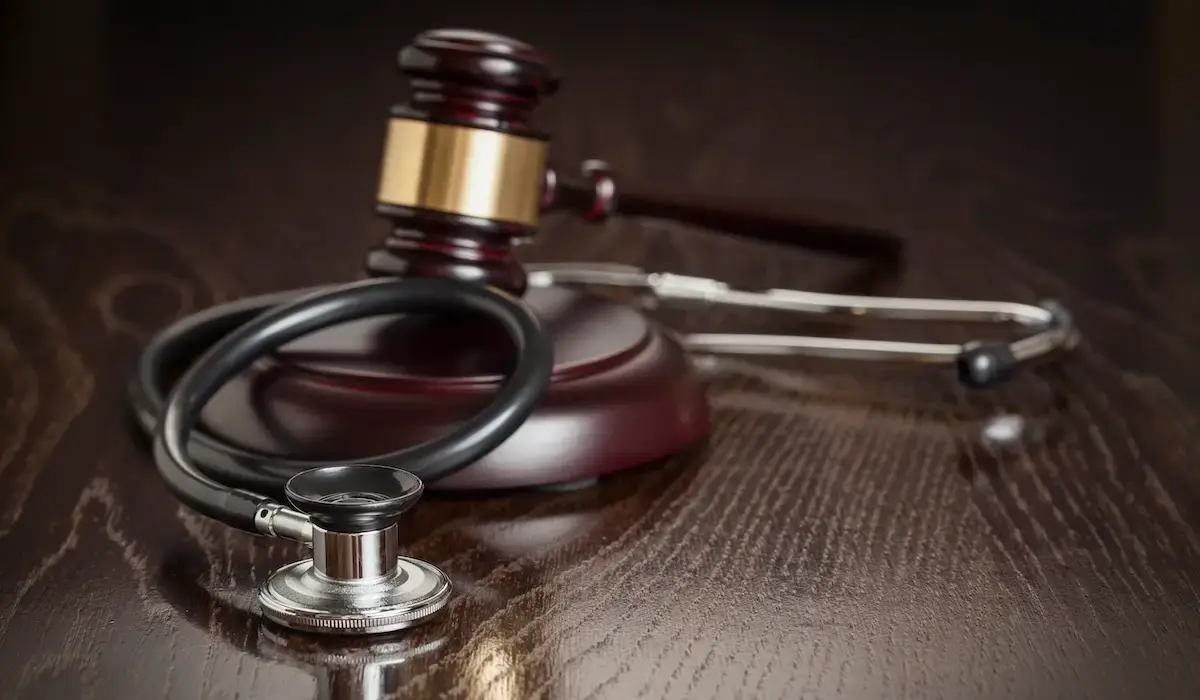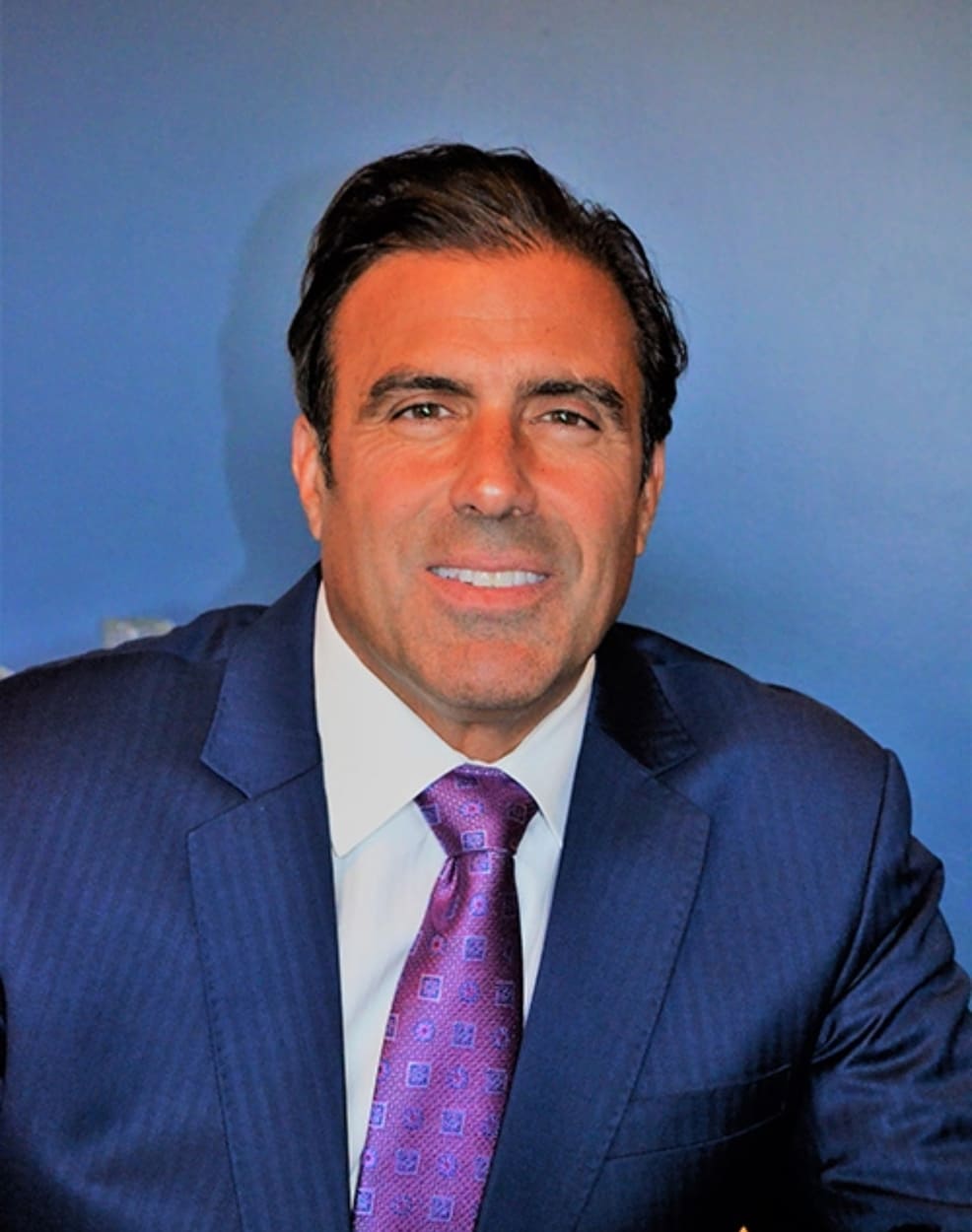When you put your health—or the health of a loved one—in the hands of a medical professional, you trust that they’ll deliver care with diligence, expertise, and compassion. But when a healthcare provider fails to meet the standard of care, the consequences can be life-altering.
If you’ve experienced unexpected complications, worsening conditions, or injuries following medical treatment, you might be wondering whether medical malpractice played a role.
Understanding how to identify, prove, and pursue a medical malpractice case can be overwhelming. These cases are notoriously complex, but with the right information and legal guidance, you can take meaningful steps toward justice and recovery.
What Is Medical Malpractice?
Medical malpractice occurs when a healthcare provider, such as a doctor, nurse, or hospital, fails to provide care that meets the accepted standards of the medical community and that failure directly causes harm to a patient. These standards refer to what a reasonably competent medical professional would have done under the same or similar circumstances.
Importantly, not all adverse medical outcomes are due to malpractice. Sometimes, complications arise even when a provider acts appropriately. But when negligence leads to injury, the healthcare provider can be held legally responsible.
To be considered malpractice, the deviation from standard care must result in actual damage, such as physical pain, additional medical costs, or long-term disability.
What Are Common Types of Medical Malpractice?
Patients may experience a variety of situations that could qualify as malpractice. These categories are not exhaustive, but they illustrate how negligence can take different forms across medical settings. Recognizing the type of error involved is often the first step in building a case
Let’s review some of the most frequently seen types of medical malpractice claims.
Misdiagnosis or Delayed Diagnosis
When a doctor fails to diagnose a serious condition (or diagnoses it too late), the delay can result in the patient missing crucial treatment opportunities. Misdiagnosis can also lead to unnecessary treatments, added emotional stress, and worsening health conditions.
Failure to Treat
Sometimes, even after a correct diagnosis, the provider does not follow through with appropriate treatment or discharge instructions. Failure to treat might include prematurely discharging a patient, ignoring test results, or failing to refer to a specialist, which can all lead to preventable complications.
Surgical Errors
Surgical malpractice can take many forms, such as operating on the wrong body part, leaving surgical instruments inside the patient, or performing an incorrect procedure. These errors can lead to severe pain, infection, or the need for additional surgeries.
Medication Errors
Medication errors include prescribing the wrong medication, administering an incorrect dosage, or failing to consider a patient’s allergies or interactions with other medications. This type of medical malpractice can cause serious health crises or even death.
Birth Injuries
Mistakes during labor and delivery can result in injuries to the baby or pregnant person. These may include brain injuries due to lack of oxygen, broken bones, or nerve damage, many of which can result in long-term developmental issues or disabilities.
How Do You Prove Medical Malpractice? 4 Things You Have to Establish

Establishing a medical malpractice claim involves more than pointing to a bad outcome. The legal process requires a structured approach to proving that a healthcare provider was negligent in their duties.
Each element must be clearly demonstrated for the case to proceed successfully. Together, they create the legal framework for proving a medical malpractice case. Missing or failing to prove even one can result in the dismissal of your claim.
That There Was a Doctor-Patient Relationship
You must prove that you had a formal relationship with the healthcare provider, meaning they agreed to provide you with medical care or treatment. Proving this relationship typically involves documentation such as appointment records, consent forms, or medical bills. Without an established relationship, the provider does not owe you a legal duty of care.
That the Provider Breached Their Duty of Care
Once the relationship is established, you need to show that the provider failed to meet the standard of care. This is where things often get complex, as it involves comparing the provider’s actions to what a competent peer would have done under the same circumstances. This step generally requires expert medical testimony to define the appropriate standard and explain how it was violated.
That the Breach Caused Your Injury
It’s not enough to show that the healthcare provider acted negligently. You must also prove that this negligence directly caused your injury.
This proof is often contested by the defense, who may argue that the injury was caused by a pre-existing condition or an unrelated factor. Establishing a clear link between the provider’s breach and the harm you suffered is vital to your claim.
That You Suffered Damages as a Result
Finally, you must demonstrate that you suffered real, compensable harm as a result of the negligence. These damages might include physical injuries, emotional distress, medical expenses, loss of income, or reduced quality of life. Evidence such as medical records, billing statements, and personal testimony can be used to support your claim.
What Do You Need to Prove Medical Malpractice Took Place?
Winning a medical malpractice lawsuit demands comprehensive evidence, detailed analysis, and a carefully constructed legal argument. Building a comprehensive case often requires collaboration among legal experts, medical professionals, and investigative teams to ensure every relevant detail is uncovered.
Here are the foundational pieces you need to build a strong case.
Medical Records
Medical documentation provides a timeline of your care, treatments, prescriptions, lab results, and diagnoses. They are crucial in comparing the care you received to the expected medical standards. Any inconsistencies or gaps in documentation may also support claims of negligence.
Expert Testimony
Most malpractice cases hinge on testimony from qualified medical experts. These professionals can explain the standard of care for your specific condition and describe how your provider’s actions deviated from that standard. Their credibility often plays a significant role in swaying juries or insurance companies.
Witness Statements
Individuals who witnessed your treatment, such as family members, other healthcare workers, or caregivers, may be able to provide additional context. Their testimony can support your account and reveal important details that might not appear in the medical records.
Proof of Damages
You must also show how the negligence has impacted your life. The process includes collecting documentation of hospital bills, receipts for out-of-pocket expenses, records of missed work or lost income, and evaluations of your physical or emotional suffering. This information helps to quantify the compensation you may be entitled to.
Why Is Medical Malpractice So Hard to Prove?

Medical malpractice cases are some of the most complex and contested in the legal system. While the harm to a patient may feel obvious, proving it in court—or even getting a fair settlement—requires overcoming several major hurdles:
These obstacles highlight the importance of acting quickly and working with professionals who understand the legal and medical intricacies involved.
Medicine Is Complex
The medical field involves highly technical language, specialized procedures, and diagnostic criteria that are difficult for non-experts to understand. Jurors, judges, and even lawyers often need expert witnesses to interpret what happened. This complexity makes it harder to explain why a provider’s care was negligent.
Hospitals & Doctors Have Strong Defense Teams
Doctors and hospitals typically carry malpractice insurance and are represented by seasoned legal teams. These defense attorneys know how to challenge your evidence, discredit witnesses, and minimize payouts. Going up against these teams without experienced representation is a major disadvantage.
There Is a High Burden of Proof
As the plaintiff, the responsibility falls on you to prove each element of your claim. This burden of proof includes proving causation, which is a particularly tough challenge when injuries are delayed, subtle, or attributable to multiple factors. Even small doubts can be enough to undermine your case.
Malpractice Cases Are Time-Sensitive
Every state has a statute of limitations for filing a malpractice claim, and the window to take action can close quickly. If you wait too long, your case may be barred regardless of how strong it is. In some cases, the clock starts ticking before the patient even realizes they’ve been harmed.
Do You Need a Medical Malpractice Attorney?
In most cases, yes. Medical malpractice law is one of the most challenging areas of personal injury litigation. Navigating this terrain requires knowledge of both the medical field and the legal process as well as access to medical experts who can help prove your claim.
Without a seasoned attorney, you risk missing deadlines, overlooking critical evidence, or being outmaneuvered by experienced defense lawyers. An attorney understands how to evaluate your case, gather the right documentation, coordinate expert analysis, and advocate for your interests every step of the way. Most importantly, they can give you a realistic picture of what to expect and what your case might be worth.
Even if you’re unsure whether you have a valid claim, consulting with a malpractice attorney can give you peace of mind and a clear direction forward.
How Can a Medical Malpractice Lawyer Help?
At Vasilatos Injury Law, we understand the challenges that come with pursuing a medical malpractice claim. Our medical malpractice attorneys are committed to making the process as straightforward and effective as possible.
We’re here to support you every step of the way.
They Will Investigate the Claim
We thoroughly review your medical records, treatment history, and any prior communications with healthcare providers. We also consult with trusted medical experts to determine whether your provider failed to meet the standard of care. This investigation forms the bedrock of a compelling legal case.
They Will Build a Legal Strategy
Every malpractice case is unique, and there’s no one-size-fits-all approach. We create a tailored legal plan that takes into account the specifics of your injury, the expected defenses, and the best path forward for resolution. Our team anticipates obstacles and prepares proactive solutions.
They Will Negotiate Settlements
Often, malpractice cases can be resolved through negotiation rather than trial. We work with insurance companies and opposing counsel to reach a settlement that fully reflects your losses—including medical expenses, lost wages, pain and suffering, and future care needs. We don’t settle for less than you deserve.
They Will Represent You in Court
If negotiations fail or if litigation is the best option, we are prepared to take your case to trial. We present expert testimony, cross-examine witnesses, and clearly lay out the evidence in support of your claim. Our goal is to ensure the court understands both the facts and the impact of the malpractice on your life.
Contact an Experienced Chicago Medical Malpractice Attorney Today
Proving medical malpractice requires solid evidence, expert insight, and legal strategy. But while the road is difficult, you don’t have to travel it alone.
At Vasilatos Injury Law, we are committed to helping injured patients hold negligent providers accountable and secure the compensation they deserve. We have represented hundreds of personal injury clients and obtained millions of dollars in awards for our clients in Chicago and across Illinois. Our attorneys have experience in all aspects of personal injury law, including medical malpractice, and we are dedicated to helping our clients get the best possible compensation. Regardless of the nature of your case, you can rely on us to guide you toward a favorable outcome for you and your family.
If you believe you or a loved one is a victim of medical malpractice, contact us today for a free consultation.





Leave a Comment